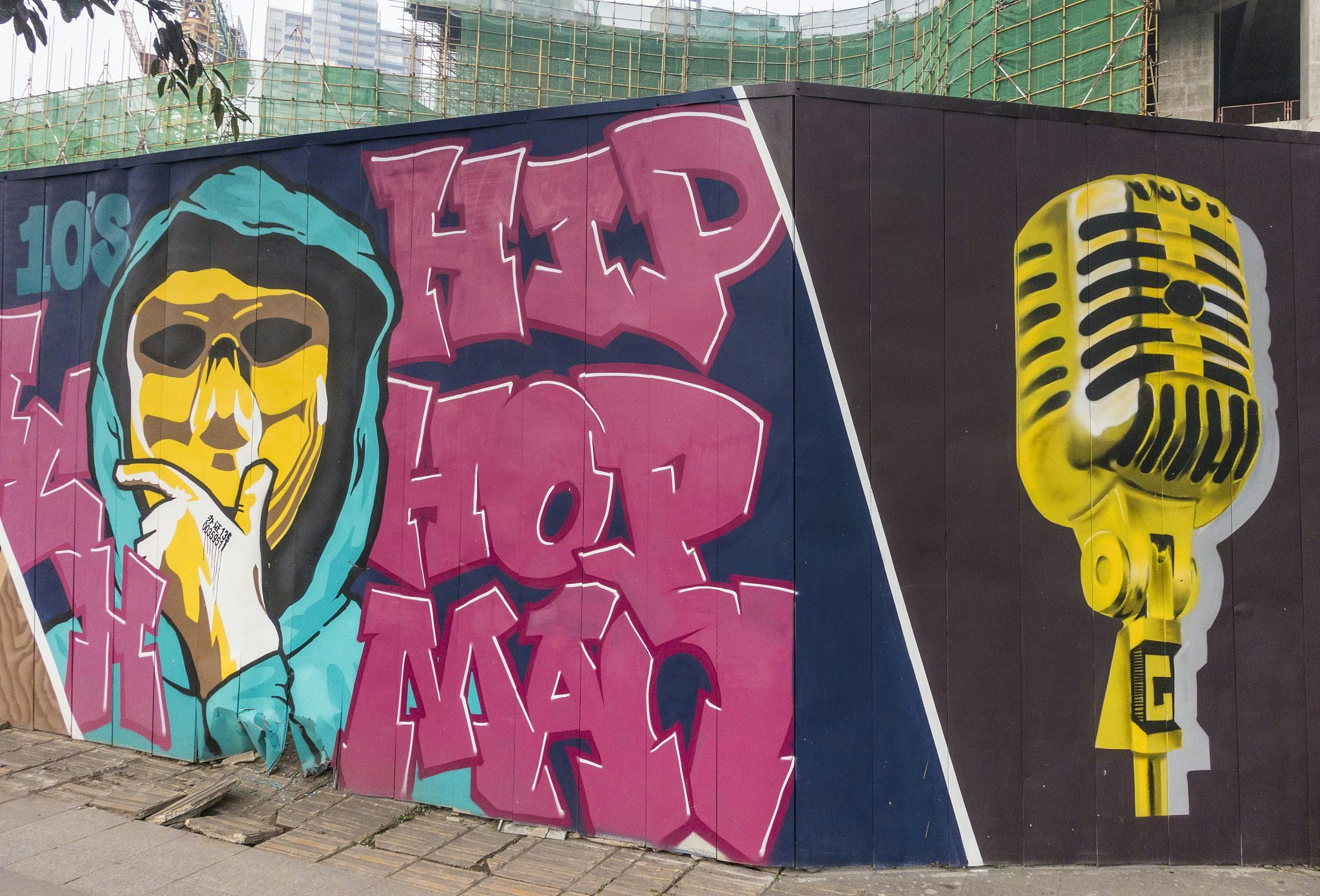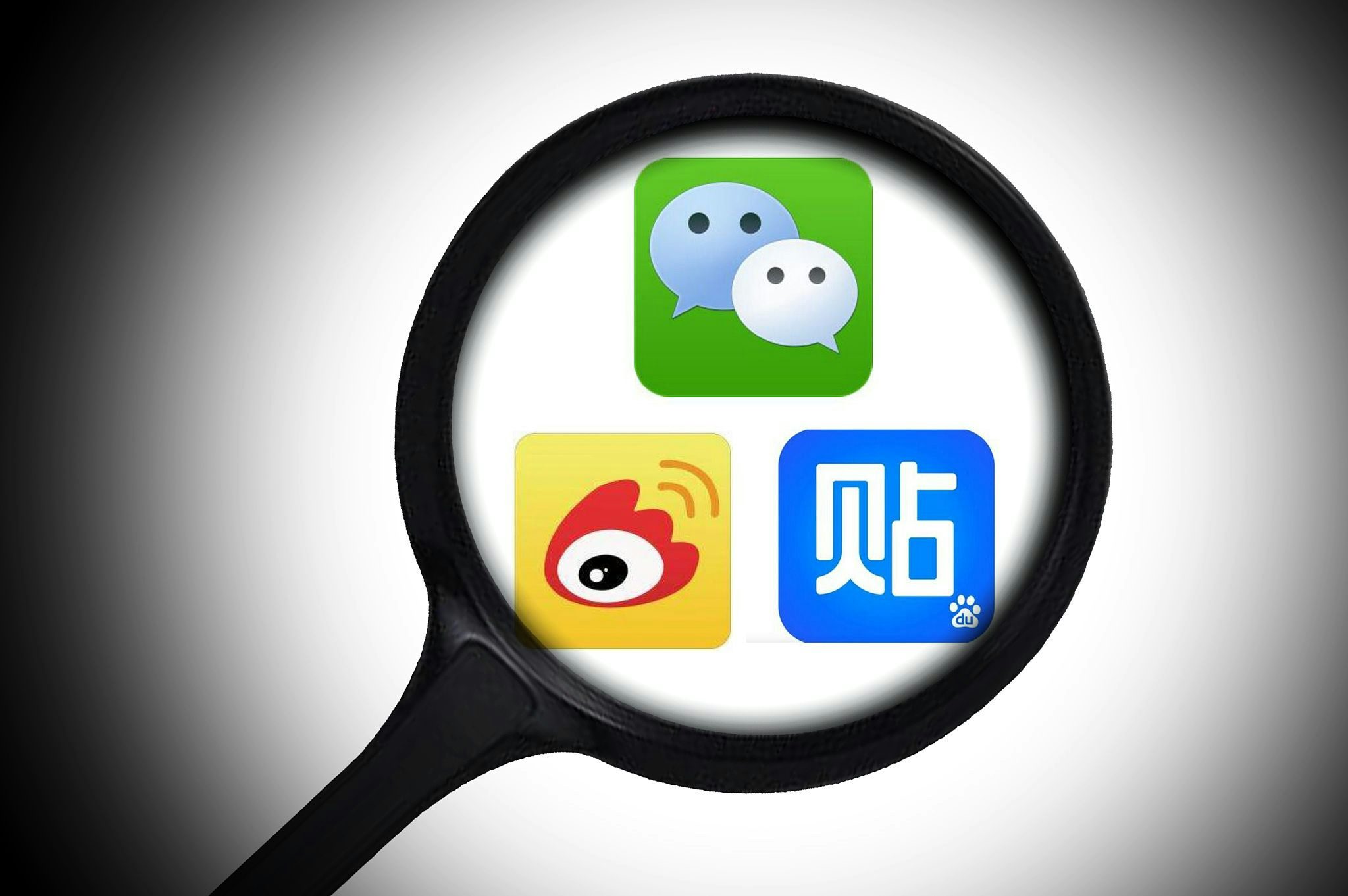Last week was intense for China’s tech sector as the country’s media regulator, The State Administration of Press, Publications, Radio, Film and Television (SAPPRFT), began their latest round of crackdowns aimed at cleaning up the internet. SAPPRFT, which has been placing increased pressure on technology companies to police online content, temporarily shut down or placed restrictions on social media platforms owned by tech company Bytedance including Toutiao, Douyin, and Watermelon. In an effort to avoid punishment, several additional platforms including Weibo, WeChat, QQ, Huoshan and Youku announced self-imposed content clean-ups.
While content crackdowns are nothing new in China, they appear to be occurring with increasing frequency, affecting pretty much every major content-generating platform in China. Just how likely is this trend to impact luxury brands’ social media marketing efforts in China?
What happened?
Major Chinese tech company Bytedance, and its social media platforms Toutiao, Douyin and Watermelon were the main targets of the censorship campaign. A popular news app run by AI technology, Jinri Toutiao (commonly referred to as Toutiao) had received warnings regarding vulgar content in the past, but no serious efforts were made to correct the issue. This month, the government finally started taking action.
April 4#
SAPPRFT issued a notice (in Chinese) ordering Jinri Toutiao and Kuaishou to start cleaning up their sites and clamp down on inappropriate content.
April 9#
Toutiao and three other popular news apps, Phenoix, Netease and Tiantian, were temporarily taken down from Chinese app stores. Toutiao was suspended for three weeks.
April 10#
Toutiao's Douyin short video app imposed an anti-addiction policy. At the same time, SAPPRFT ordered Toutiao to permanently shut down Neihan Duanzi, an app for sharing jokes and viral videos, that was highly popular, especially in third tier cities and below.
April 11#
Douyin temporarily removed its live stream and comment feature, and barred users from uploading any new content. This was being done for a “complete system upgrade.” (“Server maintenance” and “system upgrades” are common euphemisms in China for censorship.) Toutiao's CEO apologized for going against core socialist values and said April is a month of rectification for Toutiao.
April 12#
Toutiao’s Watermelon app also barred any new videos from being uploaded as it gets cleaned up. To avoid getting dragged into the mess, Weibo and WeChat announced voluntary cleanups causing Weibo to temporarily close down its live streaming. QQ and WeChat blocked link to videos from outlets such as Douyin.
As part of the clean-up, Weibo announced a list of content that it would be banning moving forward. On the list, lumped in with violent and pornographic material was homosexual content. This announcement drew outrage across the internet and, in an unprecedented move, Weibo removed bowed to public pressure and agreed not to block content just for referencing homosexuality.
April 17#
Continuing into this week, on-demand video streaming service Youku became the latest to announce a self-imposed cleanup of its platform, saying it found a number of the movies it streams to be problematic.
Should luxury brands be concerned?#
Not really – these crackdowns are a regular occurrence in China, typically happening at least once or twice a year for various reasons. It’s a cycle the tech industry is familiar with. There will be stretches of time when the government will turn a blind eye, allowing for rapid innovation and growth. Then, when the government feels a platform has become too powerful, they will swoop in and begin a new censorship campaign. Platforms will pull back and start purging 'inappropriate' content. After a period of time, regulations will loosen and innovation will begin again.
However, it does appear that these crackdowns are becoming more frequent and long-lasting, demonstrating the deep tension in China right now between technological innovation and the government’s desire to promote conservative cultural values.
Oftentimes, these crackdowns tend to target platforms with crass, lowbrow content, that are often favored by those in third tier cities and below. That being said, mainstream platforms Weibo and WeChat have been subject to frequent crackdowns in the past. In February, Weibo’s trending topics section was temporarily taken down, and in June last year, 25 popular WeChat official accounts were shut down, and Weibo temporarily blocked all live streams broadcast from outside China.
While this recent crackdown has affected several platforms, the two issues of possible concern to luxury brands are the restrictions on popular video sharing platform Douyin and Weibo’s attempt to ban gay content.
China’s hottest new social media platform Douyin has been attracting a lot of attention from brands. Although the temporary restrictions on Douyin did briefly slow down the app’s incredible momentum, it should recover quickly. While Douyin is owned by Bytedance, it has very different user demographics than its Bytedance siblings. Unlike Toutiao and Watermelon, the majority of Douyin’s users are female and located in first and second-tier cities, meaning the app doesn’t run into as many issues with 'lowbrow' content.
As for Weibo, the attempt to censor homosexual content should not deter brands from working with gay influencers or publishing gay content. Some of Weibo’s top beauty and fashion influencers are gay and, if anything, this ban and its reversal has strengthened the bonds within the Chinese gay community and made these KOLs more influential than ever. Weibo’s decision to ban homosexual content was an effort to appease the conservative Chinese government and does not reflect the attitudes of Chinese young people as a whole.
Brands need to stay up to date with ever-changing rules and regulations in China. While it appears this current crackdown will not have a significant impact on the luxury industry, one can never be too sure.



